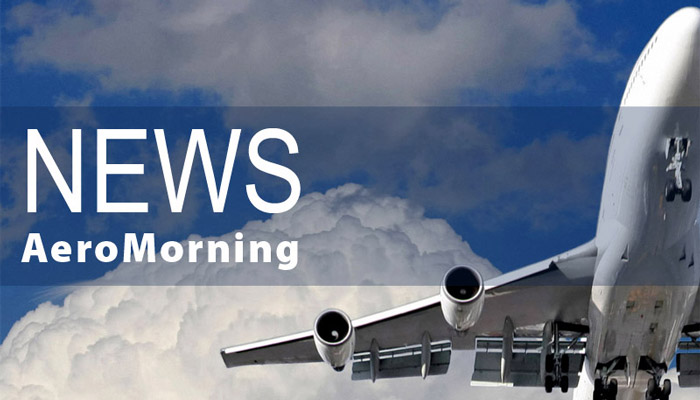16 February 2022
European leaders today confirmed their ambitious plans to work closely together to accelerate Europe as a world leader in space during a series of high-level meetings held in Toulouse, France.
Under the plans, ESA, the EU and their member States are uniting to ensure that Europe fully realises the enormous untapped potential for space to tackle the urgent and unprecedented societal, economic and security challenges it faces.
The French Presidency of the European Space Agency and the European Union chaired the meetings, reflecting the close and growing cooperation between the EU and ESA.
European leaders reaffirmed their strong political support for the three “accelerators” identified by ESA to address challenges – from the climate change induced crisis and their consequences to threats to crucial European infrastructure in space and on Earth.
“Space for a green future” aims to use data derived from Earth observation satellites to help Europe act to mitigate climate change and to support reaching a carbon-neutral economy by mid-century. “Rapid and resilient crisis response” seeks to better use space data, cognitive cloud computing and intelligent interconnectivity in space to support those in charge to provide the vital responses to crisis on Earth. Thirdly the “protection of space assets” will contribute to prevent damage to the European space infrastructure and avoid disruption to its economically vital infrastructures such as power supplies and communications links due to space weather conditions.
The three ESA accelerators fully complement the EU Secure Connectivity initiative and the EU proposal on Space Traffic Management.
Individual ESA member and associated States will be invited to champion one or more of the three accelerators or elements within them.
Government ministers in charge of space activities also mandated the ESA Director General, Josef Aschbacher, to initiate a discussion on a human exploration “inspirator”, which is an essential sovereign capability among all the major space powers except Europe. A high-level advisory group will be established; it will report progress to the next ESA Council of Ministers held in November 2022 ahead of a space summit held in 2023.
Josef Aschbacher said: “I am very happy to accept President Macron’s proposal to establish a high-level advisory group on ‘human space exploration for Europe’. This decision will shape what Europe will look like in the decade to come. We have to involve experts from all walks of life and mainly from non-space, for example historians, economists, geo-political experts, explorers on Earth, and philosophers to fully grasp all its implications and help us take the right decision.”
Ministers also expressed their support to increase Europe’s ambition in space science through a proposed “inspirator” of a sample-return mission to search for extra-terrestrial life on one of the icy moons orbiting Jupiter or Saturn.
Ministers acknowledged the coherence and the links among the three accelerators and two inspirators. They endorsed seed funding of these at the next ESA Council of Ministers, while encouraging ESA to identify other major sources of funding.
Finally, they approved the principle of holding another space summit in 2023, to be attended by heads of governments of the 30 countries that are members of the EU, ESA or both.
Josef Aschbacher said: “Europe faces urgent and unprecedented societal, economic and security challenges – from climate change causing floods and fires to cyberattacks on our vital infrastructure. Working closely with the EU and private companies, ESA will ensure that Europe fully realises the potential for space to contribute to tackling these challenges. At the same time, Europe must seize the opportunity to join the leading spacefaring nations through developing a sovereign capability for human exploration and bring Europe’s space ambitions to the next level.”
Source : ESA









Be the first to comment on "Decisions from the 2022 Space Summit"